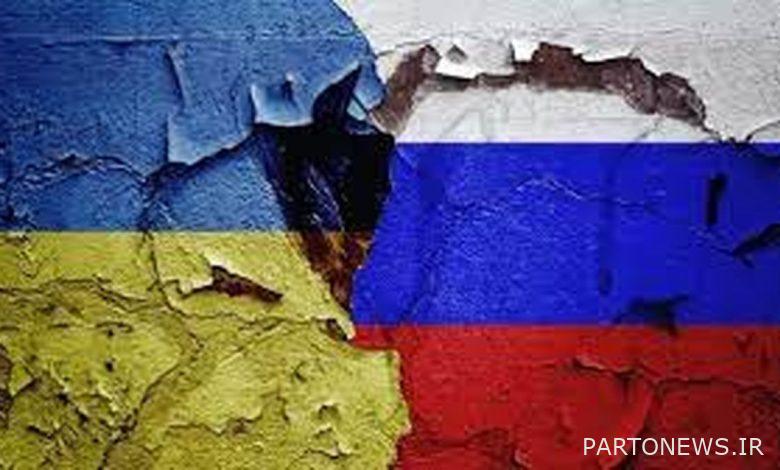What harm has the war between Russia and Ukraine brought to the stock market? – Tejarat News

According to Tejarat News, Russia’s attack on Ukraine caused the country’s stock to fall in February. Almost 10 months have passed since the sanctions that caused the migration of investors from the Moscow Stock Exchange, and this situation has turned this market into the worst stock market in the world.
While the Russian economy has fared better than expected against sanctions imposed by the United States and its allies, the stock market paints a different picture.
This year, after the troubles caused by the Corona pandemic for investors, the debris of Russia’s attack on Ukraine destroyed the markets, and the increasing inflation in the global economy and the decisive policies of central banks to deal with the demon of inflation imposed a downward trend on the markets. Kurds and many talk about the possibility of another economic recession. It has been 10 months since the Russian attack on Ukraine, and in addition to all the problems this war brought to the world’s markets and economy, now the latest Bloomberg report indicates a 44% drop in the MOEX index (Moscow Stock Exchange Index) this year, recording the worst annual performance of this index. It is from 2008 and it is said that war, capital control and sanctions will affect the market in 2023.
Vladimir Putin’s attack on Ukraine sent Russian stocks plummeting in February. Almost 10 months have passed since the sanctions that caused the migration of investors from the Moscow Stock Exchange, and this situation turned this market into the worst stock market in the world, and there is still no prospect of improvement. While Russia’s economy has fared better than expected against sanctions imposed by the United States and its allies, the stock market paints a different picture.
Over the past months, Russian stocks have been excluded from global benchmarks, and exchange-traded funds that invested in the country’s stocks have either been frozen or closed. A heavy sell-off in the Russian stock market in February led to a prolonged shutdown of the Moscow market. Its RTS dollar index is already down 35 percent this year, the worst performer among the 92 indices that Bloomberg tracks globally in terms of local currencies. Russia’s MOEX index, denominated in rubles, has lost 44 percent of its height, on track for its steepest annual decline since 2008.
Stocks in Russia reflect a gloomy outlook as Western sanctions begin to increase pressure on the domestic economy, said Piotr Mathis, senior currency analyst at InTouch Capital Markets Ltd. Especially at a time when the EU is fully committed to reducing its reliance on Russian goods. The European Union and other countries of the G-7 group have agreed to ban companies from the bloc from providing key services, including insurance, to ships carrying Russian crude if they buy above the $60 per barrel ceiling. Russian oil stocks have also been affected by volatile crude oil prices, with the Brent index down about 40 percent from its March high.
The two companies Lukoil PJSC and Gazprom PJSC, as the heaviest members of the MOEX index, have decreased their prices by 30% and 53%, respectively, this year. Meanwhile, shares of Moscow’s largest bank, Sberbank of Russia PJSC, have plunged 54 percent due to international sanctions on everything from Russia’s ability to access foreign reserves to the SWIFT banking system.
“In a way, I find the underperformance of the Russian stock market surprising because all geopolitical risks are priced in at the outset and late sanctions, even a price cap, would not be a game-changer for Russian stocks,” said Iskander Lutsko, chief investment strategist at ITI. He attributes the market’s continued decline to “a lack of support from local institutional funds, while retail demand has weakened due to risks of mobilizing fresh forces and deposit outflows.”
Next year is unlikely to bring relief to the Moscow stock market as the war and capital controls continue, especially if the global recession curbs demand for goods and new sanctions further strain the Russian economy. On Thursday, EU member states agreed on a ninth package of sanctions against Russia, targeting new banks and officials as well as the country’s access to drones. Without new capital inflows, constrained by Western sanctions, Russian stocks are likely to underperform again next year, Mattis said at InTouch Capital Markets.
Source:The future of the economy

